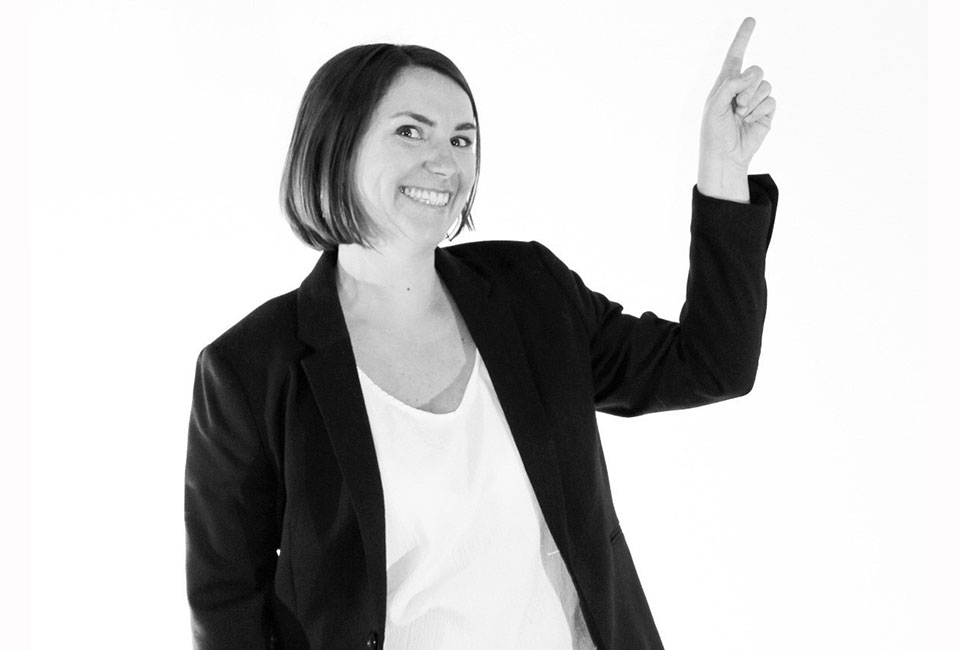How to have a ‘good brain day’, every day!

I love mornings. What a great feeling, waking up fresh, well-rested, and full of energy. My mind is clear. I’m optimistic and powerful. For those first few minutes, the 24 hours that lie ahead seem full of possibility, and I just know it’s going to be a good day.
Of course, not all mornings are created equal. I hate those days when I haven’t even opened my eyes yet, and I’m already exhausted. I feel slow, fuzzy and behind – even though the day has barely begun.
What can we do to make our mornings work harder for us? How can we maximise our cognitive potential, day after day? Or rather, how can we have a ‘good brain day’, every day? The answer is simpler than you might think: just by incorporating a few daily habits into your life, you’ll boost your brain functions, wellbeing, and even your lifespan, not to mention reduce neurological decline. Here’s how:
- Set cognitive KPIs
How much do you weigh? How many steps have you walked today? What is your daily calorie intake? How many hours have you slept? We subconsciously monitor and set physical key performance indicators (KPIs) on a daily basis, whether we’re aware of it or not – they are part of leading a healthy lifestyle. Perhaps it’s high time we set cognitive KPIs to keep an eye on how we are functioning. What’s my clarity of mind today? Is my emotional state stable? Am I in a good condition to make a big decision? How’s my memory retention today? Focus on one or two elements and check in on your cognitive state. Metacognition is a field of neuroscience exploring exactly this kind of hyper-awareness of self, of being tuned in to how we think. It’s thinking about our thinking processes, if you will. I truly believe that metacognition is the first step to having a good brain day. - Focus on sleep quality
The average amount of sleep most of us get lies between seven and eight and a half hours per day (Kripke et al 2002; Carskadon and Dement 2005; Kronholm et al 2006) – any less, and you’re putting yourself at risk. Sleep deprivation has a terrible impact on our ability to focus, our working memory and also our ability to inhibit impulses such as food cravings. If you don’t get enough quality sleep, it’s very unlikely that you’ll perform at your best. Moreover, research shows that long term lack of sleep leads to an overall sleep deficit (BARUŠS, 2020), which is very dangerous for your health. - Feed your gut microbia
A diet rich in green vegetables provides the brain-boosting nutrients that are associated with cognitive health – prioritize leafy greens such as lettuce, kale, cabbage, for maximum intake of lutein, vitamin K, nitrate, folate, alpha-tocopherol, beta-carotene, and kaempferol. Our brain and guts are connected by hundreds of billions of neurones and the quality of our gut microbia has a direct impact on our cognitive functions. Even more interestingly, researchers are currently investigating the relationship between gut microbia and mental health, demonstrating that a strong microbia could actually reduce levels of anxiety, stress and depression. Guts are ‘our second brain’ as it were and should be cared for as such.
We’re very lucky at César Ritz Colleges to share a campus with Culinary Arts Academy, so delicious, locally-sourced greens are never in short supply at the canteen. I recently attended a class focusing on the importance of fatty acids, omega-3 and -6 in vegan cuisine. The students were preparing vegan broccoli pesto with Chef Darren. I couldn’t help but smile because of the many benefits for our students: mastering vegan culinary art, sustainability, and physical and mental health. It made my day. - Emotional management in a VUCA context
Our emotions play a central role in all cognitive processes (focus, learning, memory, reasoning, problem solving) but also on our behaviors, actions, and choices. Anyone suffering from depression, anxiety or sleep deprivation tends to score lower on a cognitive functions test. Monitoring your emotions, or doing an emotion ‘scan’, is the first step to acknowledging the role of emotional management in your performance as a leader. Regular mindfulness exercises such as meditation have a track record of efficiency in a VUCA context (Vulnerable, Uncertain, Complex and Ambiguous). Qualitative, evidence-based research demonstrates that mindfulness helps promote creative responses during VUCA times and creates a sense of peace and control in stressful situations. Both Jacqueline Brassey and Michiel Kruyt (2020, McKinsey) advocate ‘integrative awareness’ for leaders to become more mindful of the ever-changing world around them and how they are responding emotionally and physically to it.
Our student association has begun offering free, student-led yoga and meditation courses on campus, raising awareness of the importance of wellness for a happy, successful, and meaningful life. A holistic approach to study and a commitment to maintaining emotional wellbeing are vital for all leaders, future or otherwise, particularly students, at the beginning of their careers.
Key takeaways when it comes to have a good brain day and not a drain day:
- Choose to monitor some cognitive KPIs such as mental clarity, focus, and memory
- Remember that the quality of your sleep is as important as what you have to deliver
- Invest in a healthy gut microbia by getting your daily greens
- Leverage the power of mental health in complex situations
Written by Delphine Blin-Genin.
Add CEOWORLD magazine to your Google News feed.
Follow CEOWORLD magazine headlines on: Google News, LinkedIn, Twitter, and Facebook.
This report/news/ranking/statistics has been prepared only for general guidance on matters of interest and does not constitute professional advice. You should not act upon the information contained in this publication without obtaining specific professional advice. No representation or warranty (express or implied) is given as to the accuracy or completeness of the information contained in this publication, and, to the extent permitted by law, CEOWORLD magazine does not accept or assume any liability, responsibility or duty of care for any consequences of you or anyone else acting, or refraining to act, in reliance on the information contained in this publication or for any decision based on it.
Copyright 2024 The CEOWORLD magazine. All rights reserved. This material (and any extract from it) must not be copied, redistributed or placed on any website, without CEOWORLD magazine' prior written consent. For media queries, please contact: info@ceoworld.biz
SUBSCRIBE NEWSLETTER








